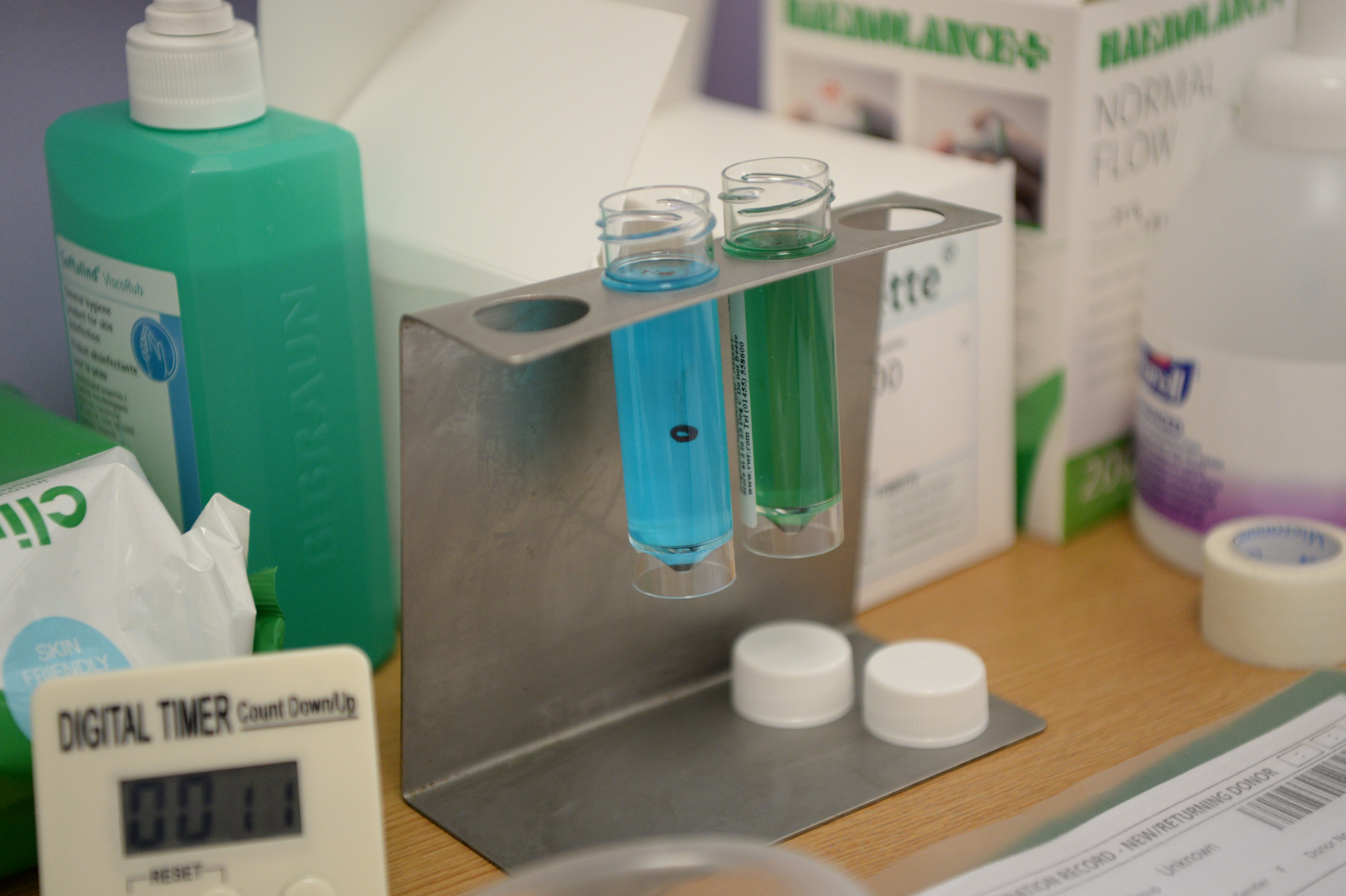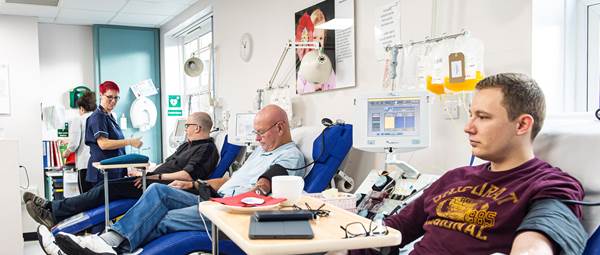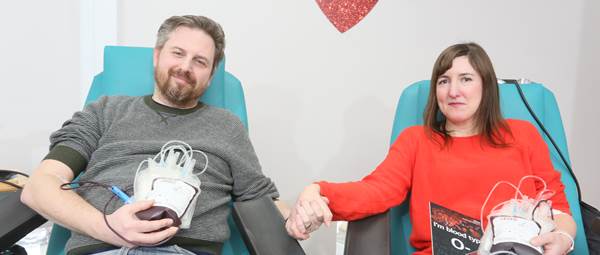Ask the Experts
It’s common for people to have questions about blood donation. Thankfully, the experts in our clinical support team are on hand with the answers.
Donations of blood, platelets and plasma are simple and easy ways to make an immeasurable impact to other people’s lives.
They are, however, still a marvel of modern medicine and it’s common for donors to have questions about the process.
Thankfully, the experts in our clinical support team are on hand with the answers…
What does it mean if my iron levels are too low to donate?
Before you donate, we test a droplet of your blood to check your iron levels are high enough. ‘Iron’ is often used to refer to haemoglobin, a molecule found in red blood cells that transports oxygen. Your body makes haemoglobin using iron from the food you eat.
Donating blood reduces your level of haemoglobin, so we test that it is already at a fairly high level to make sure that you don’t experience any ill effects. This means that sometimes we have to turn donors away, but it doesn’t necessarily mean your iron levels are low or unhealthy.
If your iron levels are too low to donate, we will discuss this with you on the day at your blood donation appointment and advise you on any action you need to take. In most cases, your iron levels will still be healthy and normal, and we will only recommend you eat more iron-rich foods before your next donation. We will provide a leaflet with some really useful information to help with this.
You can find a list of iron-rich foods from both animal and plant sources, here. Be sure to get plenty of vitamin C, too, as it helps your body to absorb iron.

What do I do if I haven’t slept well the night before my donation?
A good night’s sleep is always important. We recommend getting between seven and nine hours’ sleep the night before you donate to help you feel fresh and alert, which will, in turn, help to reduce the risk of you feeling unwell afterwards.
Getting to sleep is sometimes more easily said than done, though, particularly if you’re nervous about giving blood for the first time, and you might have less than a full night’s sleep before your donation.
The good news is that, as long as you feel well enough, you can still donate. If it’s the first time you’re giving blood, please don’t worry – you’re in good hands and you can find some helpful pre-donation tips, here.
If you’re finding yourself often having trouble getting to sleep, the NHS has advice on their website.



